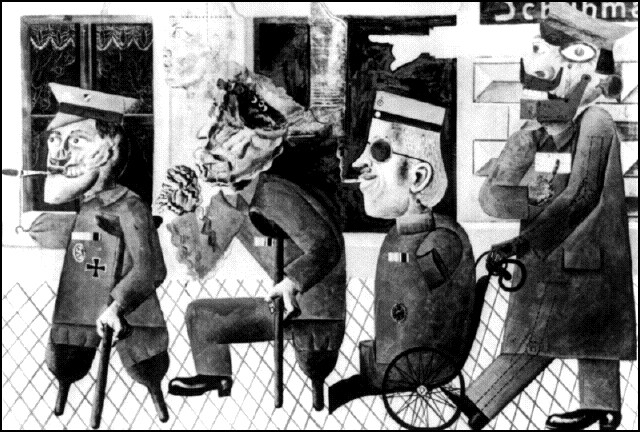
After wars are over, we forgive the enemy and encourage the homeless generals and presidents to move to the United States under special amnesty and grant programs. We also send in money as aid to restore the economy and to reimburse any families who may have had their oil-wells blown up.
Like computers, supersonic bombers become obsolete six to eight weeks after delivery, at which time Congress tells the military to build a more up-to-date model. These bombers usually fly at least once before they are decommissioned and sold off for scrap.
| Military Item | Number of Jobs |
|---|---|
| 100,000 doses of biochemical anthrax | 5,000 Jobs | 1,000 Nuclear Land Mines | 10,000 Jobs |
| 1 War, Limited (Far East) | 100,000 Jobs |
| 1 War, Limited (Middle East) | 250,000 Jobs |
| 1 World War | ± 10,000,000 Jobs |
The Viet Nam War did give us a few successes, however --- one being that it forced our most important actor, Marlon Brando, out of retirement so he could make a movie about how bad it was.
Each war gives us one or two favorite songs. WWI's were "You Must Sprinkle Me With Kisses/If You Want My Love To Grow" and "How're You Gonna Keep Them Down on the Farm After They've Seen Par-ee?" WWII's was "Rosie The Riveter," and "There'll Be White Cliffs Over the Bluebells of Dover." The Korean War was short, so it only produced one song: "Suicide Is Painless/It Brings On Many Changes." Another reason that we don't like the Viet Nam War was because, although it went on and on, it didn't give us beans for songs.
